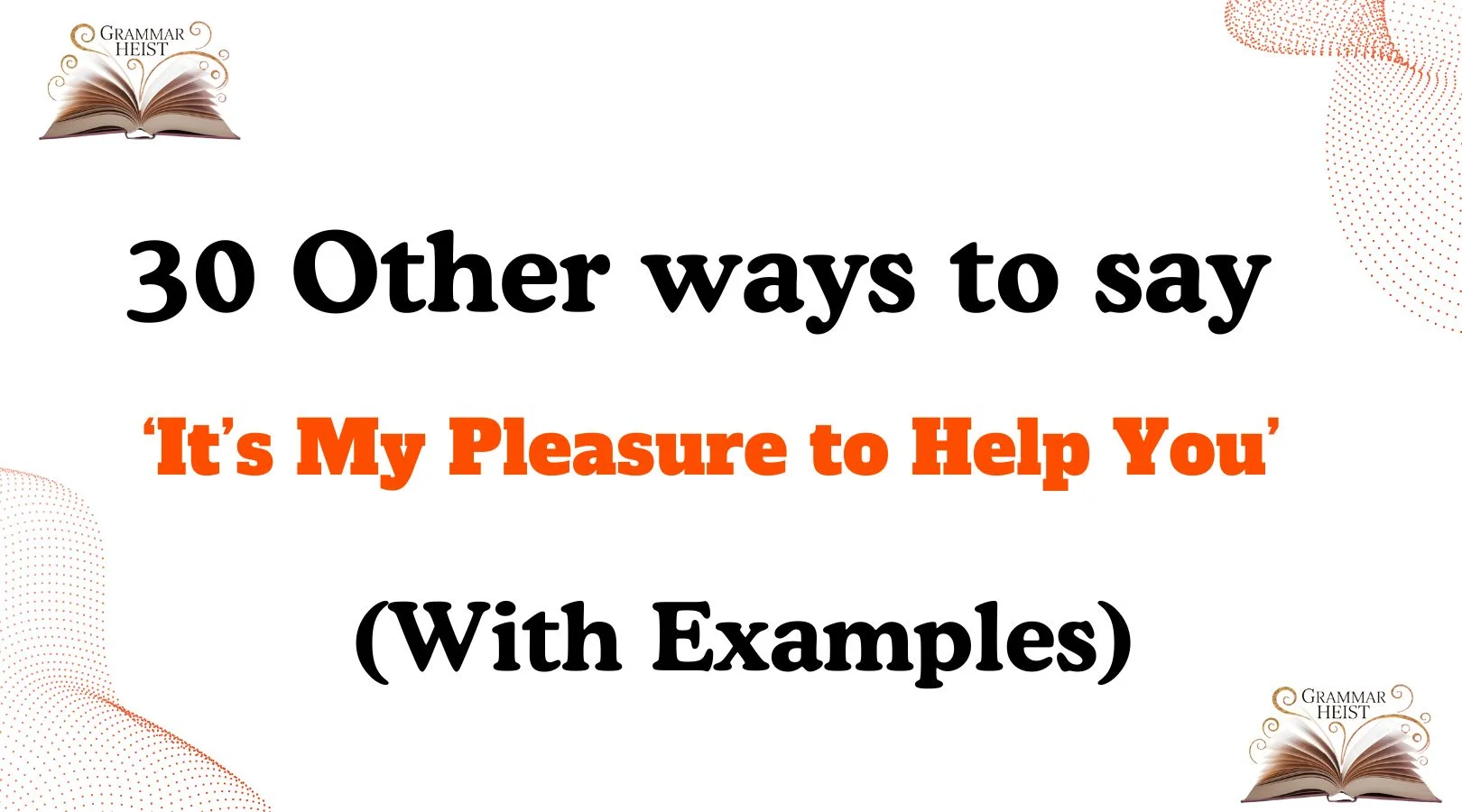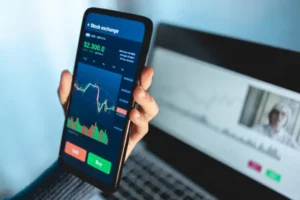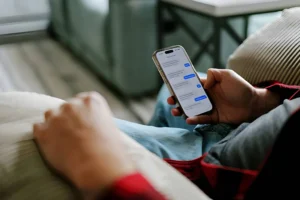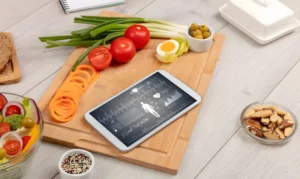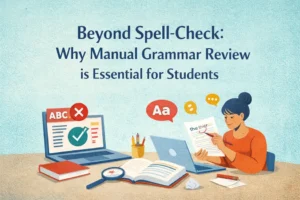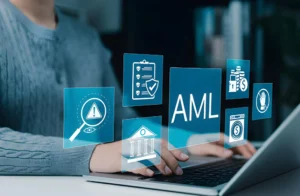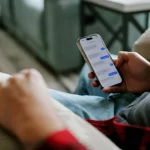Finding the right words to express care and appreciation can make any interaction feel warmer, more genuine, and more meaningful. Instead of repeating the same phrase, exploring thoughtful alternatives to “It’s my pleasure to help you” can leave a lasting impression. These alternatives allow you to adapt your tone—whether professional, friendly, or heartfelt—while ensuring your message feels natural and sincere.
Below you’ll find 30 empathetic alternatives, complete with scenarios, examples, tone, and explanations to help you use them effectively in different contexts.
What Does “It’s My Pleasure to Help You” Mean?
The phrase “It’s my pleasure to help you” conveys kindness, humility, and willingness to assist. It shows that helping someone was not a burden, but rather a choice you’re happy to make.
Is It Professional/Polite to Say “It’s My Pleasure to Help You”?
Yes. The phrase is professional, polite, and courteous. It works in workplaces, customer service, and personal settings, making it a versatile way to show gratitude and warmth.
Pros or Cons
Pros:
- Shows generosity and kindness.
- Works in both formal and casual situations.
- Leaves a positive impression.
Cons:
- If overused, it may sound scripted or impersonal.
- In very casual situations, it can feel slightly too formal.
Synonyms For “It’s My Pleasure to Help You”
- Happy to Help
- Always Glad to Help
- It Was No Trouble
- Anytime
- I’m Here for You
- It Was Nothing
- My Pleasure
- Don’t Mention It
- It’s Nothing, Really
- Anytime You Need
- I’m Glad I Could Help
- It’s No Big Deal
- I Was Happy to Assist
- No Worries
- I’m Grateful I Could Help
- It’s Nothing at All
- That’s What I’m Here For
- I’m Just Glad I Could Help
- Consider It Done
- I’m Always Here to Support
- No Problem at All
- You’re Welcome Anytime
- I’m Always Happy to Lend a Hand
- Glad I Could Be of Service
- I Was Glad to Help Out
- Anything for You
- Always a Pleasure
- No Need to Thank Me
- Helping You Is No Trouble
- I’m Always Willing to Help
1. Happy to Help
Scenario: A coworker thanks you for assisting with a project.
- Example 1: “Of course, I’m happy to help anytime.”
- Example 2: “No worries—I’m always happy to help.”
- Example 3: “I’m happy to help with this; just let me know if you need more support.”
Tone: Warm, approachable, friendly.
Explanation: This phrase feels natural and welcoming, often used in both professional and casual contexts.
2. Always Glad to Help
Scenario: A client appreciates your assistance with a technical issue.
- Example 1: “I’m always glad to help with things like this.”
- Example 2: “It’s no trouble—I’m always glad to help.”
- Example 3: “Don’t hesitate to reach out; I’m always glad to help.”
Tone: Professional yet caring.
Explanation: It emphasizes consistency and reliability, perfect for customer service.
3. It Was No Trouble
Scenario: A neighbor thanks you for carrying their groceries.
- Example 1: “Really, it was no trouble at all.”
- Example 2: “It was no trouble, I was heading that way anyway.”
- Example 3: “Helping out was no trouble; I’m glad I could.”
Tone: Humble, reassuring.
Explanation: This phrase minimizes the favor, making the other person feel comfortable and not burdensome.
4. Anytime
Scenario: A colleague thanks you for sharing useful resources.
- Example 1: “Anytime! Just let me know if you need more.”
- Example 2: “Of course, anytime.”
- Example 3: “Anytime, happy to share.”
Tone: Casual, supportive.
Explanation: Short and versatile, it shows you’re open to ongoing support.
5. I’m Here for You
Scenario: A friend thanks you for emotional support.
- Example 1: “Always, I’m here for you.”
- Example 2: “No matter what, I’m here for you.”
- Example 3: “I just want you to know—I’m here for you.”
Tone: Compassionate, caring.
Explanation: Perfect for personal connections, offering emotional reassurance.
6. It Was Nothing
Scenario: Someone thanks you after you helped pick up something they dropped.
- Example 1: “Oh, really, it was nothing.”
- Example 2: “Don’t mention it—it was nothing.”
- Example 3: “It was nothing, I was glad to help.”
Tone: Humble, lighthearted.
Explanation: Keeps the exchange casual and low-pressure.
7. My Pleasure
Scenario: A customer thanks you at a store.
- Example 1: “Of course, my pleasure.”
- Example 2: “It’s my pleasure to assist you.”
- Example 3: “Really, my pleasure.”
Tone: Polite, professional.
Explanation: A polished, service-oriented phrase often used in hospitality.
8. Don’t Mention It
Scenario: A teammate thanks you for covering their shift.
- Example 1: “Don’t mention it, I was glad to step in.”
- Example 2: “Don’t mention it, that’s what teammates are for.”
- Example 3: “Honestly, don’t mention it.”
Tone: Relaxed, modest.
Explanation: Keeps the interaction friendly and humble.
9. It’s Nothing, Really
Scenario: A stranger thanks you for giving directions.
- Example 1: “It’s nothing, really.”
- Example 2: “Nothing, really. Glad you asked.”
- Example 3: “It’s nothing, really—happy to help.”
Tone: Reassuring, kind.
Explanation: Similar to “It was nothing”, with a slightly softer tone.
10. Anytime You Need
Scenario: A colleague thanks you for helping with a presentation.
- Example 1: “Anytime you need, I’m here.”
- Example 2: “Of course, anytime you need support.”
- Example 3: “You can count on me—anytime you need.”
Tone: Supportive, reliable.
Explanation: Suggests ongoing availability for help.
11. I’m Glad I Could Help
Scenario: A student thanks you for tutoring them.
- Example 1: “I’m just glad I could help you understand it better.”
- Example 2: “Glad I could help—you’re doing great.”
- Example 3: “Honestly, I’m glad I could help clear things up.”
Tone: Encouraging, supportive.
Explanation: This phrase makes your help feel meaningful and purposeful.
12. It’s No Big Deal
Scenario: A coworker thanks you for sending over a report.
- Example 1: “Really, it’s no big deal.”
- Example 2: “It was quick to do—no big deal at all.”
- Example 3: “Don’t worry, no big deal.”
Tone: Casual, light.
Explanation: Keeps things informal and easygoing while still showing kindness.
13. I Was Happy to Assist
Scenario: A client thanks you for resolving a billing issue.
- Example 1: “I was happy to assist with that.”
- Example 2: “Of course, I was happy to assist you today.”
- Example 3: “It’s always nice—I was happy to assist.”
Tone: Polished, professional.
Explanation: Great for formal settings like customer service or business.
14. No Worries
Scenario: A classmate thanks you for sharing notes.
- Example 1: “Sure, no worries.”
- Example 2: “Happy to share—no worries at all.”
- Example 3: “Of course, no worries.”
Tone: Friendly, relaxed.
Explanation: Very casual and approachable, suitable for peers.
15. I’m Grateful I Could Help
Scenario: A friend thanks you for supporting them during a tough time.
- Example 1: “I’m actually grateful I could help when you needed it.”
- Example 2: “Truly, I’m grateful I could help out.”
- Example 3: “I’m grateful I could help—it means a lot to me too.”
Tone: Sincere, heartfelt.
Explanation: Expresses deep emotional connection to the act of helping.
16. It’s Nothing at All
Scenario: A stranger thanks you for holding a door open.
- Example 1: “It’s nothing at all.”
- Example 2: “Really, it was nothing at all.”
- Example 3: “It’s nothing at all—glad to do it.”
Tone: Polite, humble.
Explanation: Keeps things gracious but modest.
17. That’s What I’m Here For
Scenario: A colleague thanks you for covering a last-minute task.
- Example 1: “Of course, that’s what I’m here for.”
- Example 2: “No problem, that’s what I’m here for.”
- Example 3: “Happy to step in—that’s what I’m here for.”
Tone: Supportive, dependable.
Explanation: Suggests you’re committed and reliable.
18. I’m Just Glad I Could Help
Scenario: A neighbor thanks you for checking in on their pet.
- Example 1: “I’m just glad I could help while you were away.”
- Example 2: “Honestly, I’m glad I could help.”
- Example 3: “It wasn’t a problem—I’m just glad I could help.”
Tone: Friendly, reassuring.
Explanation: A soft, humble version of appreciation.
19. Consider It Done
Scenario: A manager thanks you for finishing a request quickly.
- Example 1: “Consider it done—happy to take care of it.”
- Example 2: “No worries, consider it done.”
- Example 3: “Of course, consider it done.”
Tone: Confident, professional.
Explanation: Strongly emphasizes efficiency and reliability.
20. I’m Always Here to Support
Scenario: A friend thanks you for helping them prepare for an interview.
- Example 1: “I’m always here to support you.”
- Example 2: “No matter what, I’m always here to support.”
- Example 3: “Count on me—I’m always here to support.”
Tone: Encouraging, compassionate.
Explanation: Conveys emotional stability and care.
21. No Problem at All
Scenario: A student thanks you for reviewing their paper.
- Example 1: “Sure, no problem at all.”
- Example 2: “Really, it was no problem at all.”
- Example 3: “No problem at all—happy to help.”
Tone: Casual, approachable.
Explanation: Friendly and commonly used in everyday exchanges.
22. You’re Welcome Anytime
Scenario: A client thanks you for offering guidance.
- Example 1: “Of course, you’re welcome anytime.”
- Example 2: “You’re welcome anytime, just reach out.”
- Example 3: “I mean it—you’re welcome anytime.”
Tone: Inviting, professional.
Explanation: Encourages future connections and openness.
23. I’m Always Happy to Lend a Hand
Scenario: A team member thanks you for helping with a heavy box.
- Example 1: “I’m always happy to lend a hand.”
- Example 2: “Anytime—I’m always happy to lend a hand.”
- Example 3: “I’m always happy to lend a hand when needed.”
Tone: Helpful, approachable.
Explanation: A friendly phrase that works in team environments.
24. Glad I Could Be of Service
Scenario: A customer thanks you after solving a complaint.
- Example 1: “I’m glad I could be of service.”
- Example 2: “Really, I’m glad I could be of service today.”
- Example 3: “It’s always rewarding—glad I could be of service.”
Tone: Formal, professional.
Explanation: Best suited for business or customer-facing roles.
25. I Was Glad to Help Out
Scenario: A colleague thanks you for proofreading their work.
- Example 1: “I was glad to help out.”
- Example 2: “Really, I was glad to help out with it.”
- Example 3: “I’m always glad to help out when I can.”
Tone: Friendly, light.
Explanation: Keeps the tone humble and genuine.
26. Anything for You
Scenario: A close friend thanks you for going out of your way.
- Example 1: “Of course—anything for you.”
- Example 2: “Don’t worry, anything for you.”
- Example 3: “You know it—anything for you.”
Tone: Personal, affectionate.
Explanation: Works best in close relationships, showing loyalty.
27. Always a Pleasure
Scenario: A client thanks you for a consultation.
- Example 1: “Always a pleasure working with you.”
- Example 2: “It’s always a pleasure to help.”
- Example 3: “Always a pleasure supporting your goals.”
Tone: Professional, polite.
Explanation: Suited for ongoing professional relationships.
28. No Need to Thank Me
Scenario: A neighbor thanks you for watering their plants.
- Example 1: “Truly, no need to thank me.”
- Example 2: “Really, no need to thank me.”
- Example 3: “It’s fine—no need to thank me.”
Tone: Humble, soft.
Explanation: Emphasizes that your action was natural and voluntary.
29. Helping You Is No Trouble
Scenario: A coworker thanks you for answering their questions.
- Example 1: “Honestly, helping you is no trouble.”
- Example 2: “It’s fine—helping you is no trouble at all.”
- Example 3: “Really, helping you is no trouble.”
Tone: Reassuring, considerate.
Explanation: Balances professional politeness with kindness.
30. I’m Always Willing to Help
Scenario: A team leader thanks you for volunteering.
- Example 1: “Of course, I’m always willing to help.”
- Example 2: “Happy to be part of it—I’m always willing to help.”
- Example 3: “I’m always willing to help whenever possible.”
Tone: Cooperative, supportive.
Explanation: Communicates readiness and reliability.
Conclusion
By exploring these 30 alternatives to “It’s my pleasure to help you,” you can make your words more thoughtful, warm, and adaptable. Some phrases fit professional communication, while others shine in personal, heartfelt exchanges. Choosing the right phrase shows not only gratitude but also genuine care for the relationship.

Emma Brooke is a passionate advocate for effective communication and language mastery. As a dedicated professional in the field of grammar and writing, Emma brings a wealth of knowledge and expertise to those seeking to improve their linguistic skills. With a focus on clarity, precision, and style, Emma Brooke is committed to helping individuals refine their language use to communicate confidently and effectively.
